About Us
We are a ‘whole of patient’ research movement
Who We Are
Patients are central to outcomes and are a crucial part of the evidence that informs our research – we are a ‘whole of patient’ research movement.
Founded by microbiologist, virologist and neuroscientist Prof Gilles Guillemin, PANDIS studies patients through the scientific lense of pathobiome environmental disruptors, to investigate causative agents, correlating factors, cascades and clusters in chronic disease and cancer patients.
PANDIS is a pathogenic environmental research organisation with disease-stream working arms that plug and play into a personalised medicine model housing a biobank; full spectrum of innovative screening technologies; biomarker development and kits; pathogenic environmental apps and cross and multi-disciplinary research teams and projects.
PANDIS was formed as a consortium of scientists, patients, and clinicians, harnessing innovative technologies to co-design a 360 degrees’ overlay of patient and environmental data.
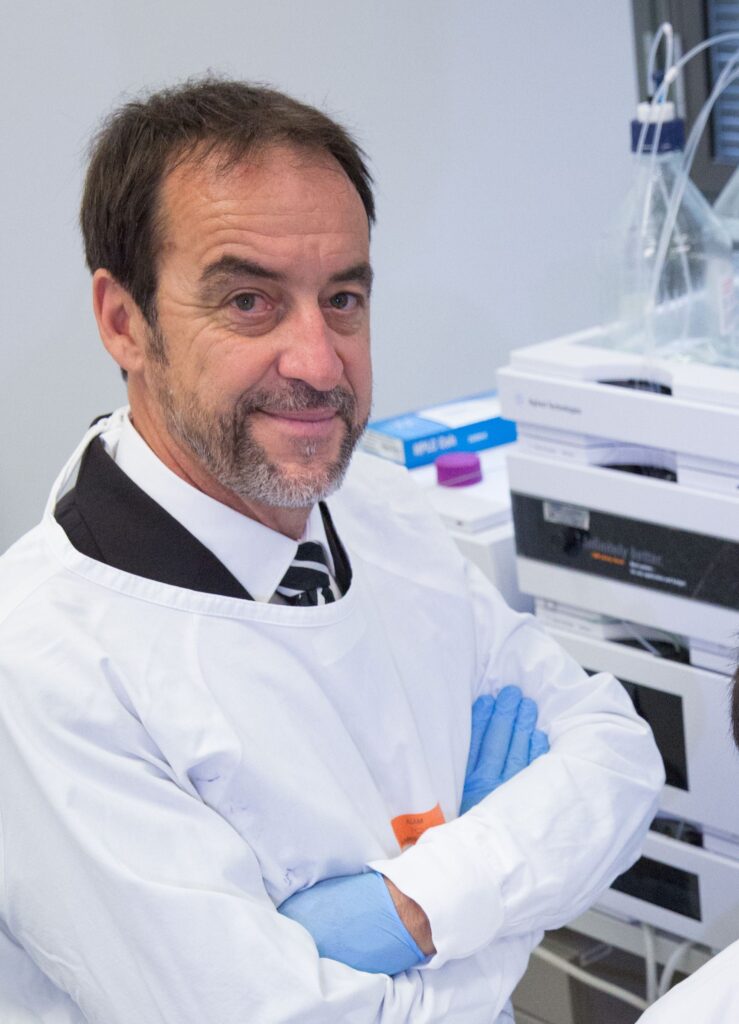
What We Do
Findings from new data sets will enable us to tell a different narrative on chronic diseases than what we have heard before, and help to shed more insight into cause and correlation and validate the patients’ experience.
We aim for our findings to be meaningful and powerful to effect change.
Our findings will provide access to effective treatments; influence policy and help to educate and keep people safe from pathogenic environmental harm in built and natural environments.
To sum up the breadth and depth of what we do, we are an independent pathobiome environmental research organisation, collaborator and facilitator; biobank, databank, product development and personalised medicine model, investigating causative agents, clusters, correlation, and cascades in chronic diseases and cancer.
Working with not for profits on a shared mission
When patients, scientists and researchers across disease groups unite on a shared mission and participate in innovative and focused ways, together we will affect meaningful change on how society views, managed and treats chronic disease.
PANDIS yields adaptive data that becomes meaningful with each patient cohort informing the next. Models such as PANDIS help funders, and policy makers to shift cognitive bias on causative agents in chronic disease, and will help serve their constituents, patients, in a more accurate, compassionate way to reduce the burden of disease in society.
Our Approach
Why was PANDIS developed?
11 million Australians are currently living with a chronic disease, states the Australian Institute of Health and Wellbeing 2013 study. This is an unacceptably high number.
Up until recently, investigating causative agents was like looking for a ‘needle in a haystack’ and deemed too costly and broad to achieve a realistic outcome. However new technologies have emerged over the past five years and radically changed this paradigm.
We can now screen patients for pathogenic microbial causative agents that went previously undetected, and can produce highly detailed findings including new microbial discoveries. Our findings will inform biomarker development, effective treatments matches and direct future research funding for research projects.
The PANDIS model was created to address an unmet need in identification of causative agents in chronic disease, conducted by cross and multi-disciplinary research teams who understand microbial ecologies and complex microbial populations in humans, providing patients with personalised treatment options specific to their pathobiome profiles.
We have designed 360-degrees of data points from natural and built environments, geolocation data and pathobiome profiles in patient cohorts, and then overlay this data with for example, disease type and stage. We are looking for correlation and geographic clusters between environment and disease and overlay different disease types that are connected to a microbial common – where patients of different diseases may have shared causative agents.
Our Mission
To keep people safe from pathogenic environmental harm in natural and built environments and ecologies.
Our Vision
By 2030, chronic diseases of known and unknown microbial causation are no longer a burden to society and through evidence-based knowledge, clinical care, and support, patients progress back to health, productivity and vitality; and people are safe from infectious and pathogenic harm in natural and built environments.
Our Purpose
To lead a patient-centered, infectious and pathogenic environmental diseases health and medical research model to significantly reduce the burden of disease in Australia. We will advance the health and safety of the Australian public by providing research findings and data insights to inform pathogenic environmental risk strategies – policies, protocols, diagnostics, treatment guidelines, clinical pathways and safe practices for people who are exposed to pathogenic ecologies in natural and built environments.
We Value

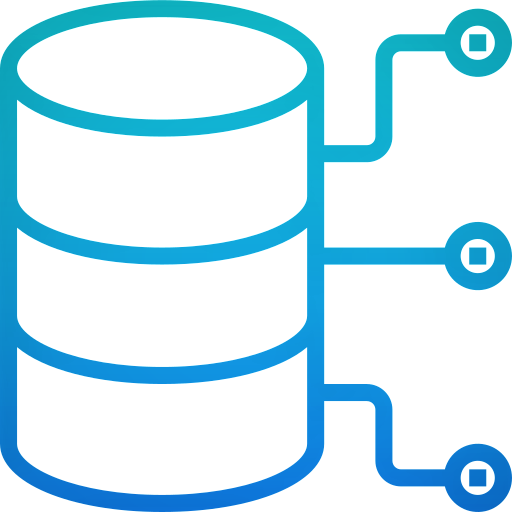
A data-led one health approach (environmental, veterinarian and human studies).
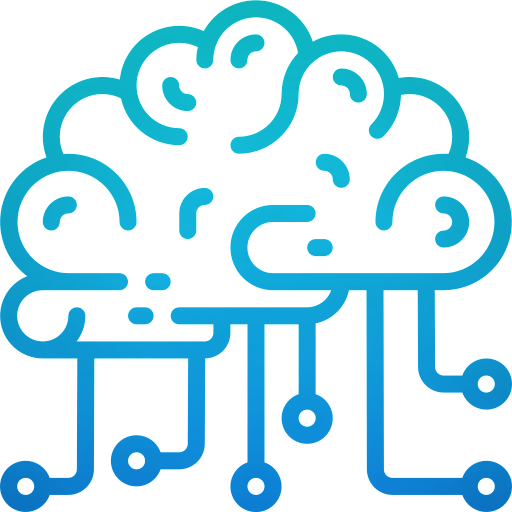
Evidence based knowledge and methodologies.
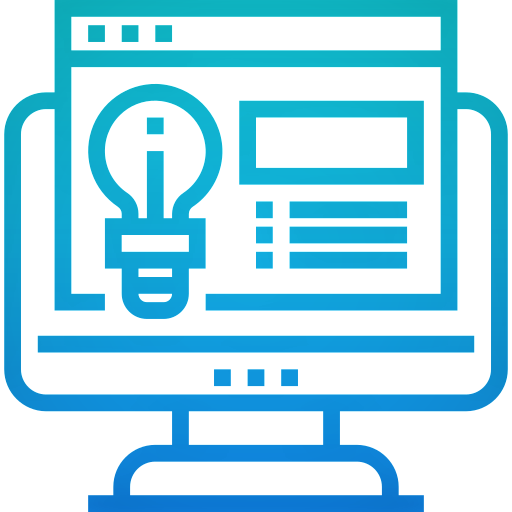
Innovative technologies.
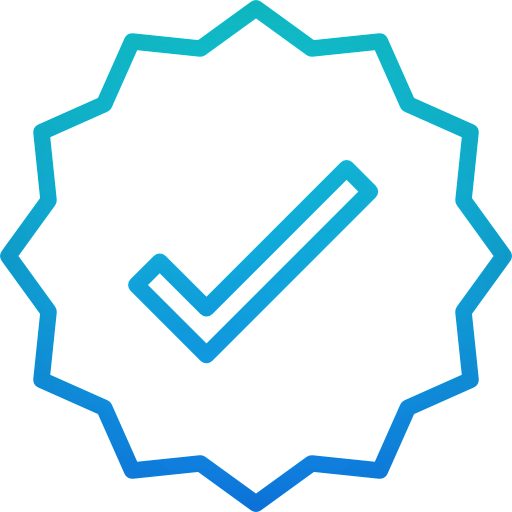
Unapologetic! We are authentic and fact based. We say it how it is and catalysts for change.
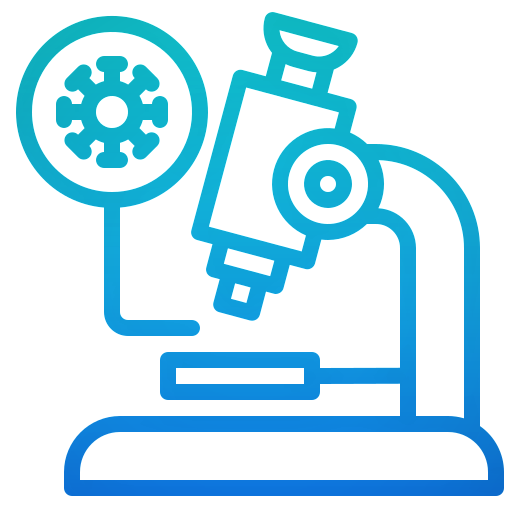
Agnostic! We are focused on the science.
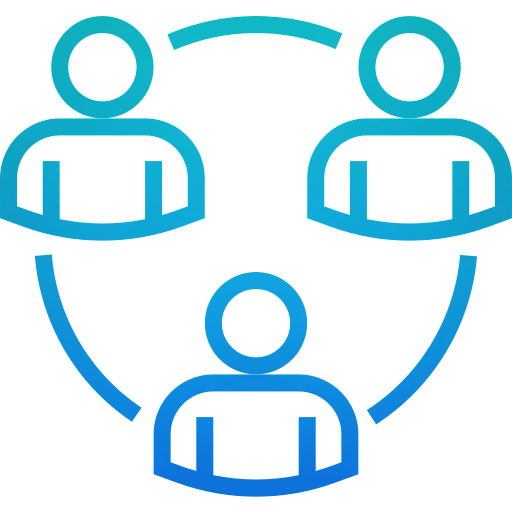
Collaborative design principles and an agile, lean-in culture.
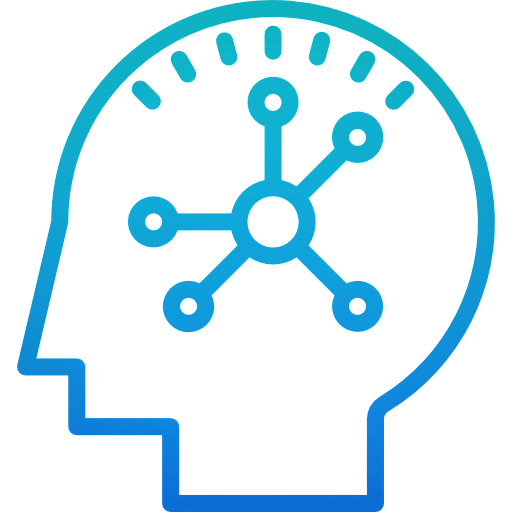
Critical thinking and adaptive, participatory inquiry

Patients are central to outcomes.
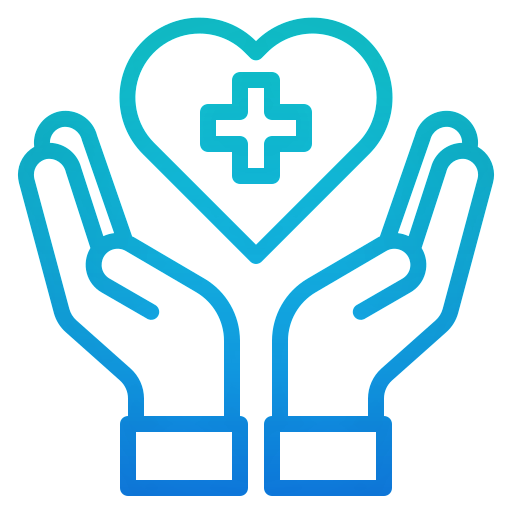
Fierce compassion! We take appropriate focused action and understand the patients’ journey and inner struggles.
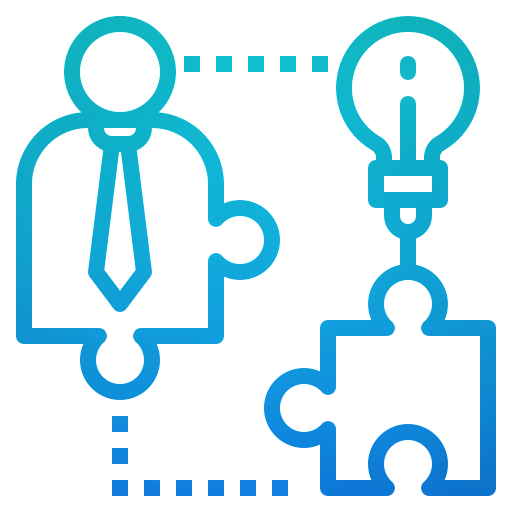
Moral courage to lead through complexity to achieve our purpose.
Our Goals
Identify
Identify causative and correlating agents in patients enrolled in a PANDIS cohort.
Map
Map vectors and microbes in Australia.
Educate and Train
Educate and train clinicians and allied health.
Develop
Develop diagnostic protocols for pathogenic, zoonotic and infectious diseases in Australia.
Find
Find effective treatments for all disease streams enrolled in PANDIS including adult, aboriginal and paediatric cohorts.
Inform
Inform policy, protocols and prevention strategies.
-
PO BOX 221
Strathfieldsaye, VIC 3551 - patientworkinggroups@pandis.org
Send us a message
If you are a patient or want to support a patient, to help achieve our mission please email patientworkinggroups@pandis.org
